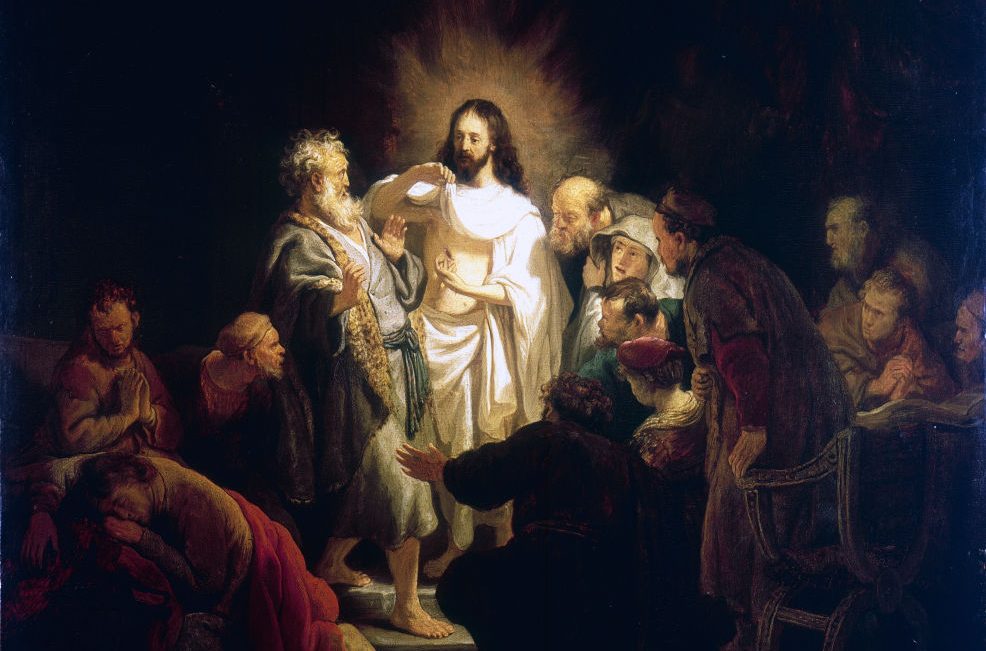Christian interpretations of Easter can sound notoriously subjective to sceptics. Consider the following claims made by a distinguished preacher I heard recently. ‘To encounter Jesus is to encounter the source of all life and love – namely God himself.’ ‘In the Incarnation, [Christ] becomes one of us in order to restore life to a dead world.’ And ‘Jesus entered into mortal danger to save us from endless death, to impart for us his eternal, divine life at the cost of his human life.’ Similar sentiments are, of course, very familiar to churchgoers.
But what inspires the faithful often leaves others cold. How did the crucifixion and what followed it change a world still as plainly soured by division and tragedy now as two millennia ago? And if an assertion cannot be falsified, doesn’t that make it suspect or even meaningless by definition?
It is generally agreed that the disciples were accused of stealing the body
The weightiest reply to these challenges must start with the resurrection.

Britain’s best politics newsletters
You get two free articles each week when you sign up to The Spectator’s emails.
Already a subscriber? Log in






Comments
Join the debate, free for a month
Be part of the conversation with other Spectator readers by getting your first month free.
UNLOCK ACCESS Try a month freeAlready a subscriber? Log in